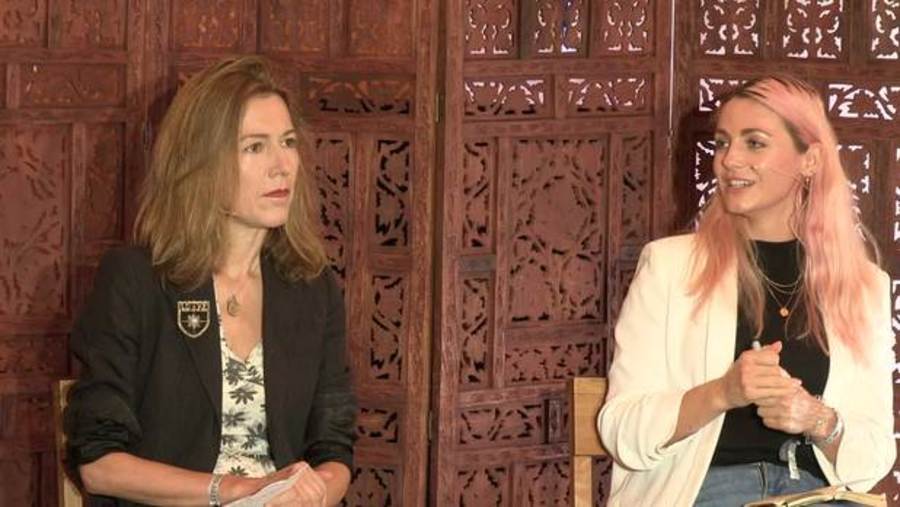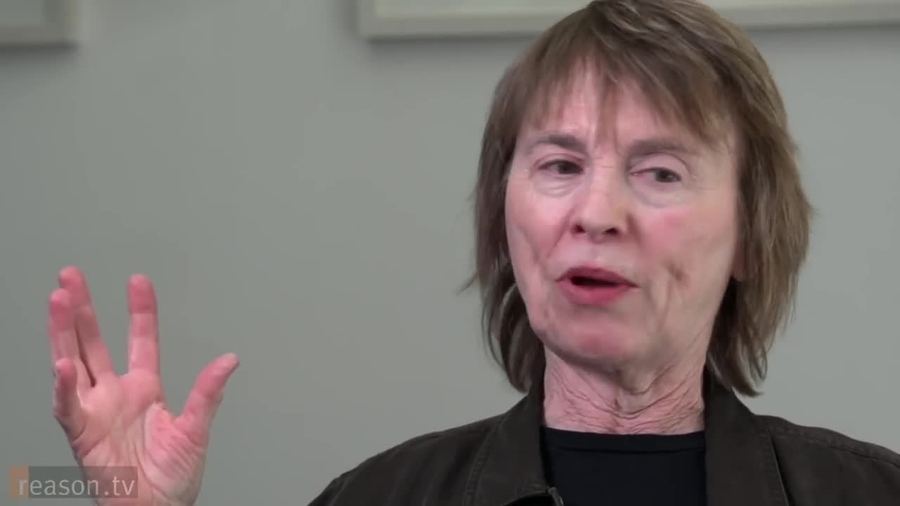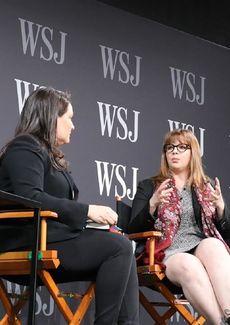 Try these videos to get started.
Try these videos to get started.
Want more on finding media? Try Articles & Media.
-
Are Men Finished and Should We Help Them?: A Debate (50:10)
Description
By several measures, men are in trouble. As women’s participation in the U.S. labor force climbs, men are dropping out in record numbers. Women are also enrolling in college and graduating in higher numbers. Meanwhile, men face higher levels of substance abuse, more overdoses, greater incarceration rates, lower life expectancies, and suicide levels that are nearly four times above those of women. Men could use a hand, supporters argue, lest these rates worsen. Not so, others contend. Although men may face greater challenges then they once did, opponents assert, they still enjoy major advantages over women. They earn more money than women, they note, and hold far more top positions in business, media, and government. And unlike women, they add, men seldom face sexual harassment and discrimination in the workplace and elsewhere. Gender equity, they argue, should focus mainly on women. With all the changes occurring in American society, are men finished and should we help them?
-
BBC: Her Story - The Female Revolution Series
Over the past few decades, life for many women across the globe has changed beyond all recognition. This fascinating series explores how, from the highest echelons of society, to the lowest rungs of the global ladder, a quiet revolution has been taking place. Women today have the power of self-determination; the autonomy to choose their own life paths and identities, rather than those enforced on them. And while there is still oppression and repression from West to East, females the world over are grasping opportunities denied to those who went before them.
-
Dreams of Equality: What Does Mainstream Feminism Promise (42:19)
Description
From music charts to executive boards, feminism is certainly in fashion. Yet some argue that once radical feminist ideas for the future have been harnessed for commercial gain. Are Beyonce and Simone de Beauvoir feminists really on the same side? How much do the second, third and fourth wave feminists share? Do successful women who make it to the top like Margaret Thatcher or Sheryl Sandberg risk reinforcing a man's world while doing little about gender inequality? Or as feminism eradicates current forms of gender inequality are new forms of social division inevitably created? The Panel of TV Presenter and academic Myriam Francois, former editor of the Erotic Review Rowan Pelling and performance artist Emma Sulkowicz explore the complexities of feminism, gender and inequality today.
-
Everything's Awesome and Camille Paglia is Unhappy! (59:28)
Whether the subject is feminism or the fate of Western civilization, Camille does not mince her words. In a wide-ranging discussion with Nick Gillespe, she speaks about higher education, the Fourth Estate, millennials, contemporary intellectual discourse, Hillary Clinton, Madonna, and many other subjects.
-
Rethinking Feminism (42:33)
Description
We think feminism fights for equality for everyone. But from the right to wear headscarves to the refusal of contraception, ideas of what is fair and what equality is vary dramatically. Does feminism lack a universal goal because its an impossible dream? Must we recognize feminism means different things in different places or should we all fight for the same thing? Outspoken journalist Myriam Francois-Cerrah, award-winning novelist Elif Safak, feminist activist Finn Mackay, and Unilever Chief HR Officer Leena Nair investigate cross-cultural views of gender equality. Mary Ann Sieghart hosts.
-
A Thousand Women = As Mil Mulheres (1:24:00)
At the invitation of the film, four female artists from USA, Uruguay and Brazil develop works inspired by stories of other women. Between choices, reflections, failures and correctness, artists reveal how they connect their inner universe with the questions of the world around them. By interweaving art and activism, A THOUSAND WOMEN sheds light on the many faces of feminism today.
-
What is Feminism's Future (31:00)
Amber Tamblyn, an actress and writer, speaks with WSJ Editor for Audience and Analytics Carla Zanoni, about what gender norms mean today and tomorrow.
![]() Try these videos to get started.
Try these videos to get started.





